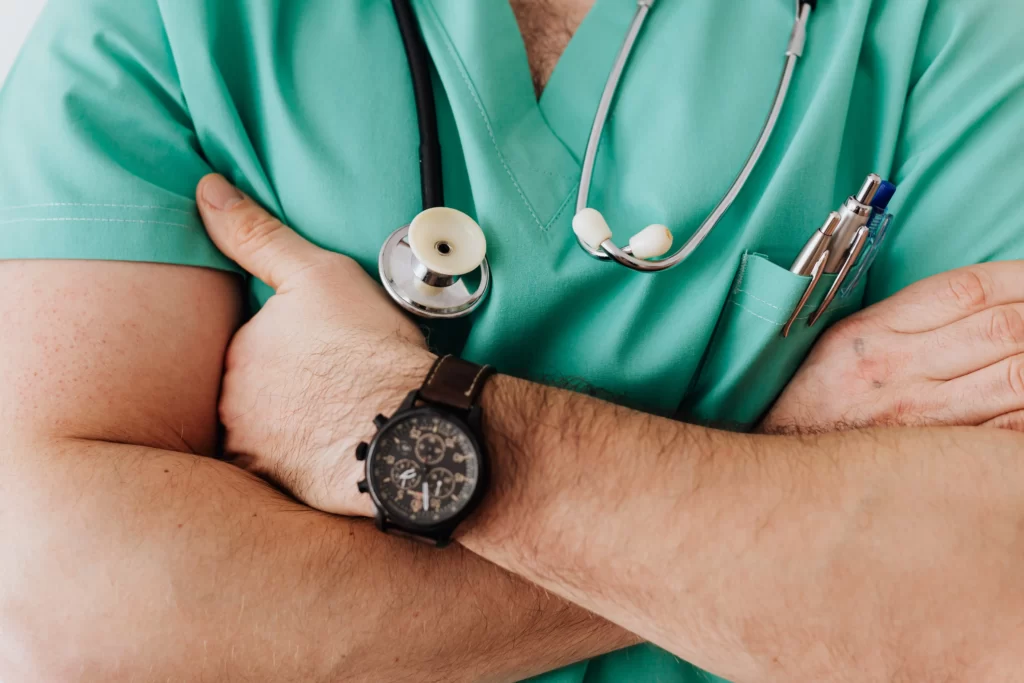A brain dead man’s kidney continued to function regularly for a record-breaking two months inside a pig.
Dr. Robert Montgomery, a transplant surgeon at NYU Langone Health, oversaw the experiment, which came to a conclusion on Wednesday when the pig kidney was removed and Maurice “Mo” Miller’s body was given back to his family for cremation.

This was the longest time a pig kidney that had undergone genetic modification had ever operated inside a human.
In order to finally test pig kidneys in live patients, the team is ready to report important findings from the trial with the Food and Drug Administration (FDA).
Dr. Montgomery believes that animal-to-human transplants are essential to solve the US’s organ scarcity because he personally underwent a heart transplant. The majority of the over 100,000 persons on the nation’s organ waiting list require a kidney.
For the duration of the experiment, Miller’s body was kept on a ventilator to track the pig kidney’s performance.
Because of his cancer, Miller was unable to donate his organs after collapsing and being certified brain dead. Mary Miller-Duffy, his sister, made the challenging choice to donate his body for the pig kidney experiment.
On July 14, a few days before turning 58, doctors removed Miller’s own kidneys and replaced them with one pig kidney and the thymus, an organ that develops immune cells. The kidney functioned normally for the first month after transplantation.
The start of rejection, however, was later seen by medical professionals as a modest decrease in urine output. A modification to the commonly prescribed immune-suppressing medications was effective in treating this.
The experiment has given xenotransplantation—the transfer of animal organs into humans—hope for the future. Despite earlier failures brought on by the immune system’s quick removal of foreign animal tissue, this experiment showed the promise of using pigs who had undergone genetic modification to have more human-like organs.
To check for any potential issues related to the xenotransplant, researchers will then examine 180 different tissue samples from every major organ, lymph nodes, and the digestive tract.
The ultimate objective is to give those who tragically pass away before receiving a desperately needed organ transplant a second chance at life.





